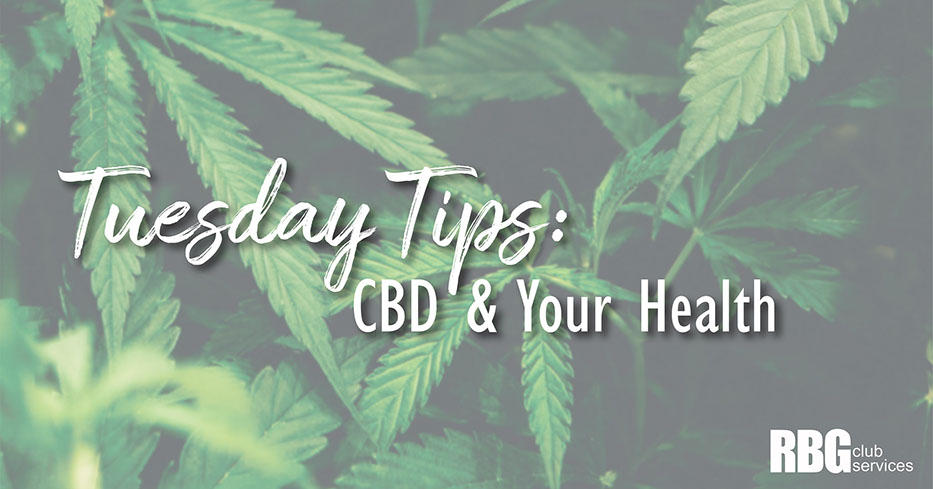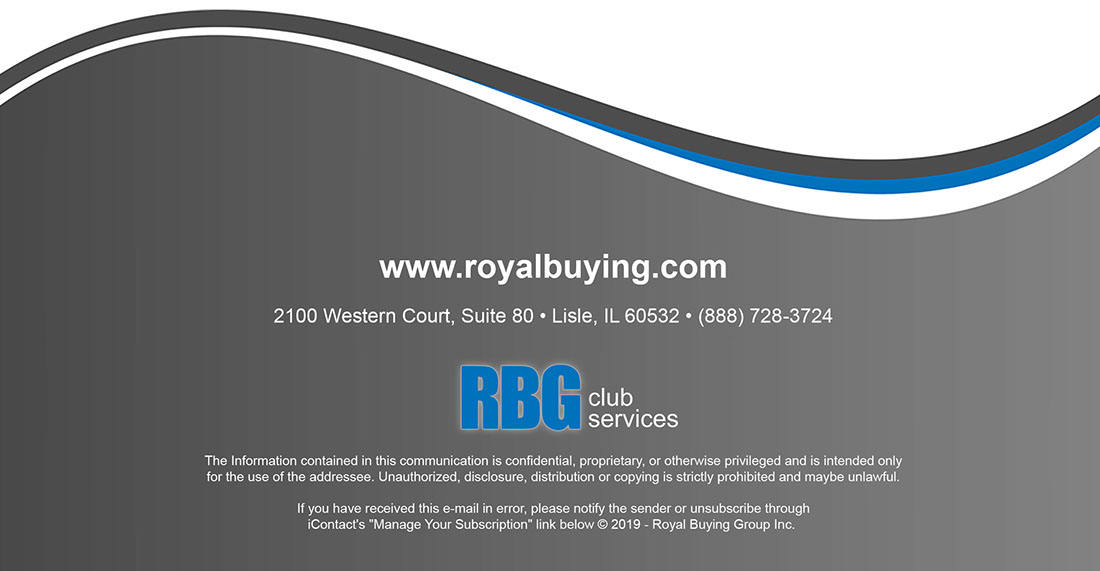
Consumers Seek CBD Products for Health Benefits
July 16, 2019
With the inclusion of hemp in the 2018 Farm Bill, CBD products have hit the marketplace in waves. The 2018 Farm Bill legalized the production of hemp as an agricultural commodity, removing it from the list of controlled substances. Although it allows the production of hemp products, it does not allow producers to grow it freely like other crops. Producing plants with a THC content of 0.3%+ or cultivating hemp without a license is still illegal under the 2018 Farm Bill. Hemp plants with a THC content les than 0.3% are accepted and legalized. The 2018 Farm Bill outlines what is legalized at the federal level, and what states must do to be within the law. From there, states have their own regulations that producers and retailers must abide by.
WHAT’S THE BIG DEAL?
CBD products have been a hot topic the last few years. But why is it such a sought-after product among consumers?
Consumers seek CBD products because of the various health benefits that they reportedly have. Consumers report pain relief, being able to sleep better, and coping with anxiety and other mental health issues when using CBD products. There are also claims that CBD may help with physical health beyond pain relief, such as a reduced incidence of diabetes, and the prevention of tumors spreading.
With an ease of access to the CBD products, consumers are eager to purchase them to help with their mental and physical health, without having to go explicitly through a doctor.
DOESN’T CBD GET YOU “HIGH”?
CBD does not produce the “high” that marijuana does. Cannabis plants are composed of two different species: marijuana and hemp. Hemp is the component that has been added to the 2018 Farm Bill, whereas marijuana is still illegal for production and sale (unless it is medical marijuana, in which case, producers and purchasers must have a license to interact with it.)
THC is the part of the cannabis plant that produces the “high”. The hemp portion of the cannabis plant has little to no THC in it, making it legal in the 2018 Farm Bill. Marijuana has higher levels of THC, making anything with a percentage above 0.3% THC illegal.
Above all, it is important to check with your local and state laws regarding hosting CBD products in your store. While at the federal level, hemp and CBD products are legalized under specific guidelines, not every state has allowed for the production and sale of these products. To check the legal status in your state, check out https://disa.com/map-of-marijuana-legality-by-state

